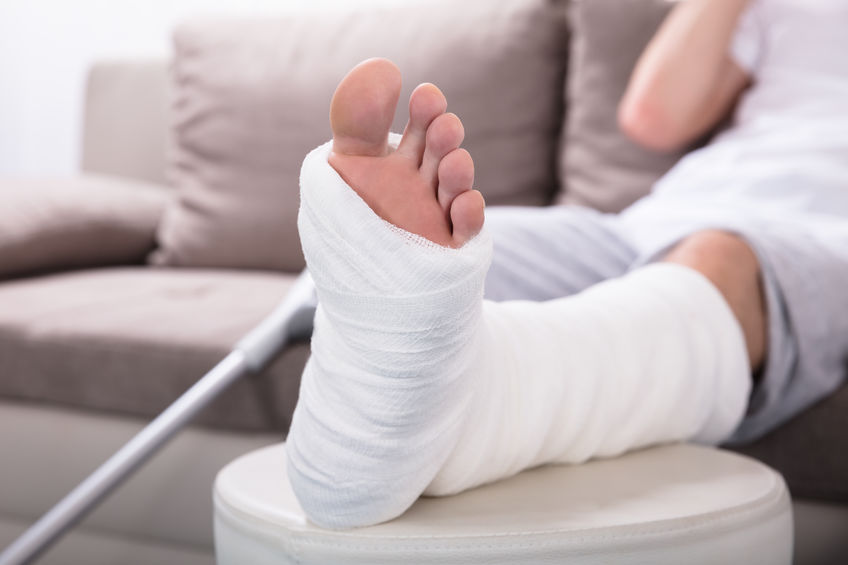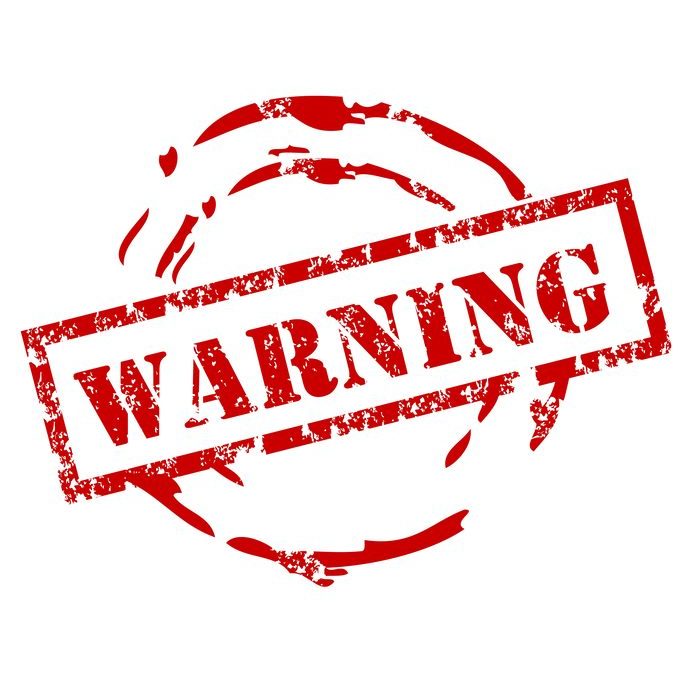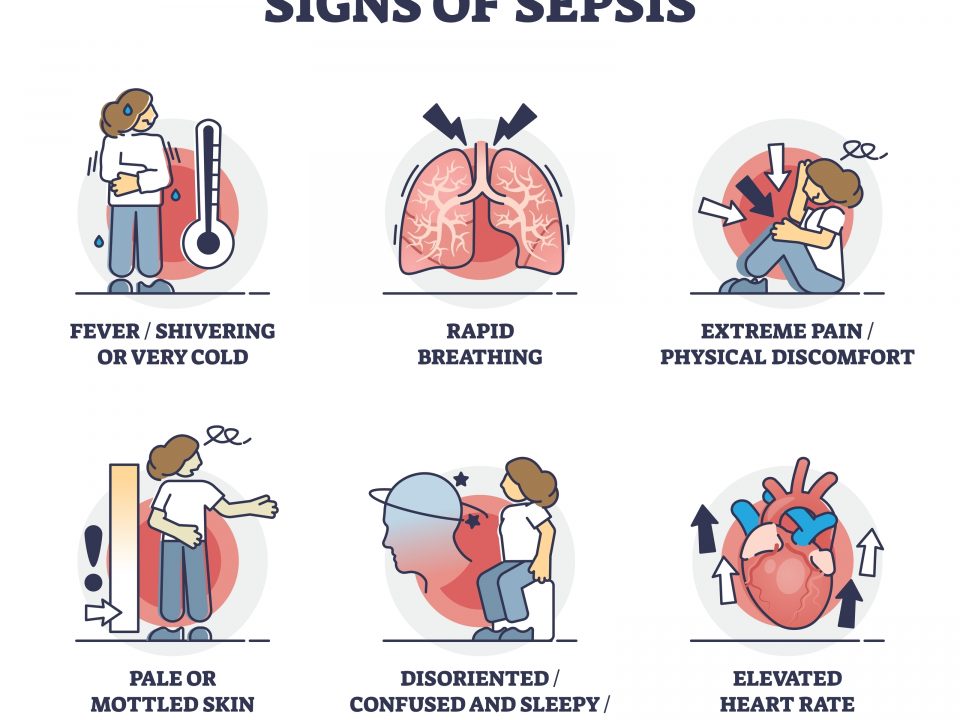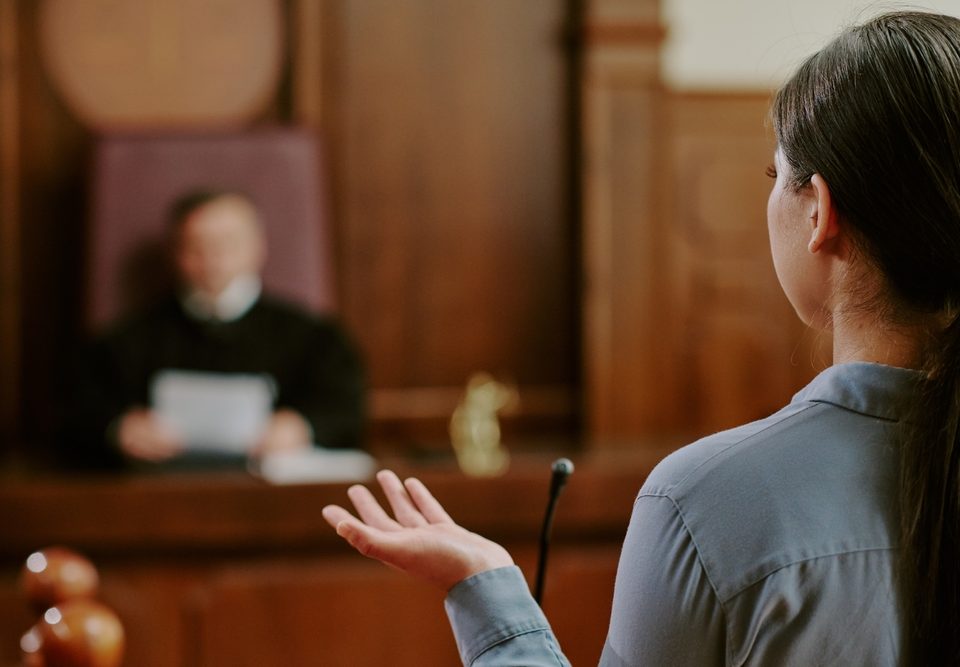
10 missed fractures presenting in the ED
2nd June 2021
Patients presenting with chest pain: Differential diagnoses
23rd June 2021The recent case of Bux and the General Medical Council creates a few areas of interest for practicing medical experts. This was an appeal by Dr Bux of a previous decision by the Medical Practitioners Tribunal Service (MPTS) to erase his name from the Medical register.
The main reasons for the sanction applied in the Tribunal were findings that Dr Bux had acted in a state of conflict of interest, dishonestly and for financial gain.
I will cover what was said about expert’s duties regarding conflict of interest later but the process itself give rise to some clear warnings to medical practitioners acting as expert witnesses.
Although not new it is clear that the regulatory body ( the GMC) has a duty to review all areas of a medical practitioners activities and assess them against the guidance it has provided in Good Medical Practice and further explained in its Guidance on acting as a witness in legal proceedings.
All expert witnesses therefore should be aware of this guidance and also aware of the consequences of not following it.
The judgement is also clear that the duties of an expert witness under CPR 35 make clear that the expert has a duty to provide evidence that is independent, unbiased and objective. The judgement indicates that for an expert to provide such an opinion they have to declare if there is any actual or potential conflict of interest in producing that opinion and while this is not actually required to be declared in the expert’s report organisations such as the Expert Witness Institute have such a paragraph in their good practice requirements before the Statement of Truth is signed by the expert.
What then is a conflict of interest, or more properly a potential conflict of interest that the expert must declare in a report.
In this case Dr Bux was being instructed by a single firm of solicitors to provide reports on holiday illnesses allegedly suffered by clients from a single firm of solicitors in which his wife was a partner. The income from this not insubstantial enterprise was paid into a company where both Dr Bux and his wife were the only shareholders.
None of these relationships were declared in the reports.
The judge makes a significant exposition of the case law regarding what is an actual or potential conflict of interest and includes a quote from paragraph 23 of the GMC guidance
“If there is a possible conflict of interest – for example, you have been professionally or personally involved with one of the people involved in the case in the past, or you have a personal interest in the case – you must follow our guidance on conflicts of interest. You must also make sure the people instructing you, the other party and the judge are made aware of this without delay. You may continue to act as an expert witness only if the court decides the conflict of interest will not affect the case.
The judge summarises all of this information as
i) An actual conflict of interest will arise when an expert witness’s opinions are actually influenced, or are capable of being influenced, by his personal interests.
ii) A potential conflict of interest will arise where the facts are reasonably suggestive of such a conflict.
iii) An expert witness has a duty to disclose to those instructing him, and to the court, a potential conflict of interest, that is, all facts and matters which might reasonably suggest a conflict of interest.
iv) The duty of disclosure as provided for in the GMC Codes of Guidance does not differ from the legal duty of disclosure.
The sanctions that apply in civil court if this duty to disclose a potential conflict of interest may be that the expert’s evidence is criticised in public, disqualified as a witness or ruled inadmissible.
If this is the subject of disciplinary proceedings against the doctor, as in this case, the Tribunal will also look at what motivated the expert not to disclose a potential conflict of interest when deciding on any sanctions that are required if the conflict of interest in found as a fact.
Taking all of these factors into consideration it is therefore important that when acting as an expert witness not only must the doctor disclose actual conflicts of interest but also anything that could possibly be seen by those involved in the litigation as a potential conflict of interest.
Not to do so not only may lead to your evidence to be discarded in the proceedings you are acting as an expert in but more importantly lead to investigation and possible sanction by your professional regulatory body with the ultimate sanction that may remove you not only from undertaking expert witness work but continuing in your primary vocation.




